The growing interest in bilingual education in sub-Saharan Africa has highlighted an urgent need for reading material in African languages. Increasingly, parents and educators, conscious of the strategic value of indigenous language on identity construction, encourage or educate children to know and speak at least one local languages. However, parents are usually faced with many challenges whenever they attempt to find bilingual books in their local languages.
It’s well known that it’s relatively difficult to access culturally diverse and relevant children’s books for African kids. But that difficulty is greater for multilingual books from African authors or illustrators, or those whose bilingual version is with one African indigenous language.
Evidently, they are many factors that have contributed to the current scarcity of bilingual children’s books in our local markets and bookstores. I will briefly explore some of these reasons.
-
Financial and technical obstacles
Although there is evidence of a growing interest in producing books in local languages, the number of titles is constrained by funding.
The challenges for authors include the need to understand the ingredients for successful children’s books and for the sensitivity necessary to negotiate the linguistic challenges associated with a newly emergent genre in African languages. Support, in the form of competitions and workshops, relies on external funding and expertise and offers only temporary solutions.
-
Some sounds untranslatable into print
Publishing in local African languages requires new resources that are different from the existing international languages. For example, the publisher may need to buy additional equipment’s or software that can handle African signs and symbols.
-
Insufficient readership in African indigenous languages
Many publishers would tell you that it’s a very risky investment to publish a book (either for children or not) in an indigenous language because it usually limits the potential number of people who can purchase and read it. Since a publisher is more a businessman than a philanthropist, s(he) would naturally prefer publishing in a language that is more marketable with a greater potential of return on investments (ROI).
However, we must not also forget that we have the responsibility to build that readership in local languages and this would take time, hard work, financial risk and consistency. Even the international languages that are widely used today are the product of history, rising out of many existing indigenous languages in their European countries through policy and practice.
So not publishing multilingual books in African indigenous languages because of insufficient economic gain is comprehensible but let’s be bold, and future-minded as Ngugi Wa Thiongo and other African authors, publishers and book lovers who have consistently taken that “risk”. Caine Prize nominee and literary superstar Chimamanda Adichie now refuses to have a glossary at the end of her books and has stopped italicizing foreign words.
South Africa tries to promote all its 11 national languages and some anthologies containing different languages have been published. Gov’t departments are mandated by law to avail publications in all national languages but they don’t always comply. The best practices of the South African publishing industry in indigenous languages could be learned by other African nations.
-
Contemporary parents prefer books in English or French
Some parents would deliberately not look for multilingual books because they consider English and French, as global languages with more privilege and opportunities for their kids. I have many friends who themselves aren’t able to speak any indigenous languages and evidently their kids too. Therefore, these parents would naturally not go for multilingual books except they are sensitized on their value and given the opportunity to access such books easily. For such cases, I believe eBooks and audio formats are very convenient to enable such kids and also parents to read and hear stories in an indigenous language.
Here is our list of 37 apps and platforms proposing children’s books and stories for Africans and Blacks.
The literary blogger James Murua has suggested 8 books by African authors that have been translated into several languages. If you are interested in buying children books in Kiswahili, then have a look at this collection from this Tanzanian publisher Mkukinanyota.
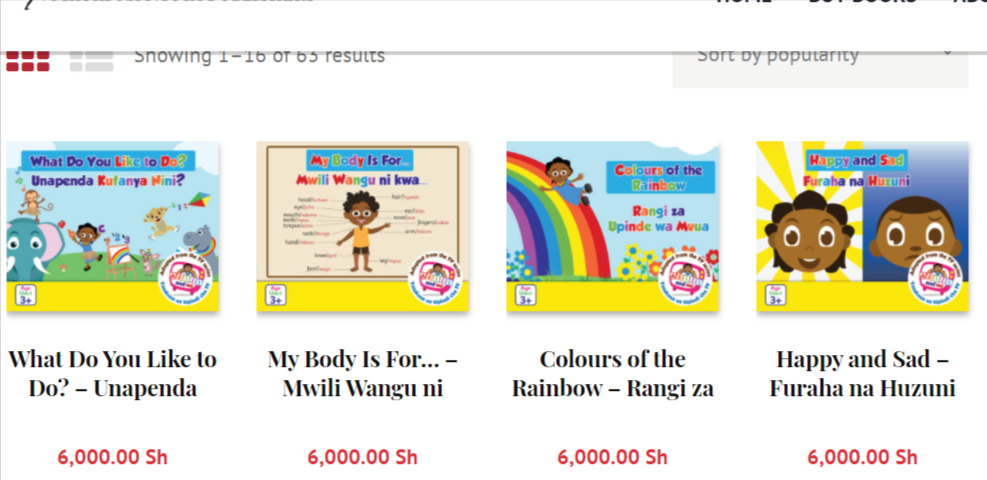
-
The difficult access to literary translators in African languages
Currently, they are few experts in literary translation from English or French to African indigenous languages. So even when a publisher or author may desire to have a multilingual book, s/he may have difficulty in finding a competent literary translator in the language he desires. This book provide African perspectives on literary translation.
Let’s however indicate that there are increasingly more initiatives that promote the writing, publishing and translation of books into African indigenous languages. Let’s mention for example, the Mabati Cornell Kiswahili Prize for African Literature, which recognises writing in African languages and encourages translation from, between and into African languages. Here is a very interesting interview with the prize founders – literary academic Lizzy Attree, and literature professor Mukoma Wa Ngugi – on the challenges of growing literature in African languages.
African language publishing is progressively advancing. Even though the demise of the Noma Award for Publishing in Africa was a hard time, there is still hope: book festivals are growing, literary awards are increasing and political leaders are increasingly more aware of the need to value and support indigenous languages in the education and publishing industry. Jalada Journal is a good example of how attitudes to writing in African languages have changed for the better. In 2015 Jalada took a short story written by Ngugi Mukoma in Gikuyu and had it translated to close to 100 languages. This made it the most translated African short story. But the genius of their initiative was that most of the translations were between African languages. There was are also increasing conversations on the need to increase translation to African indigenous languages. One of such was organized by World Kid Literature and the recording is accessible here:
If you are interested in receiving monthly updates about African children literature, kindly subscribe to our newsletter:
Newsletter
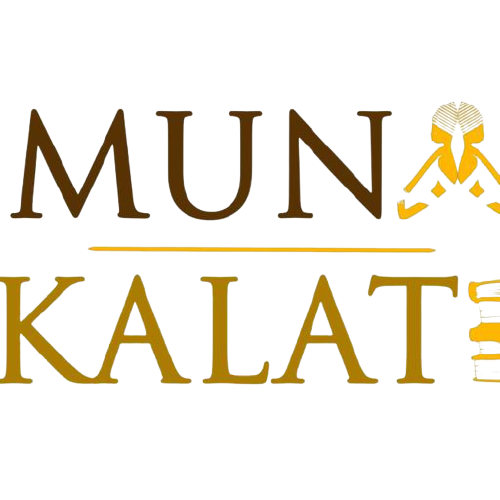
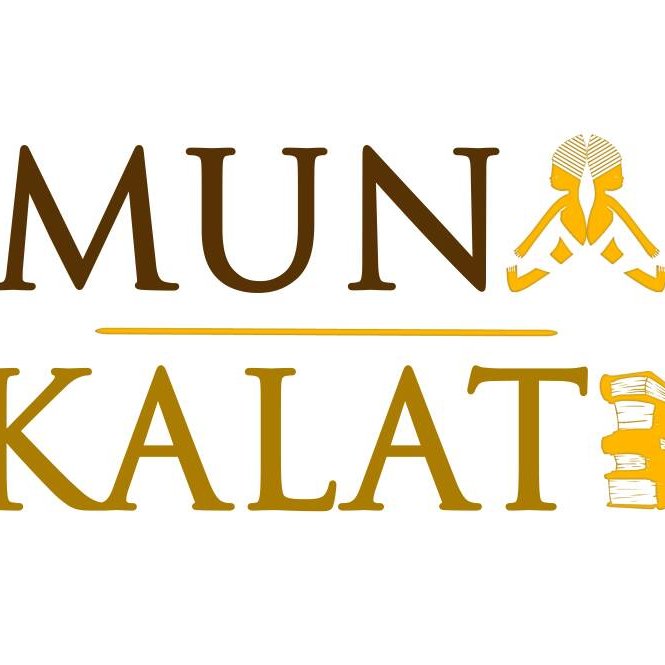
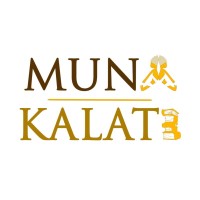
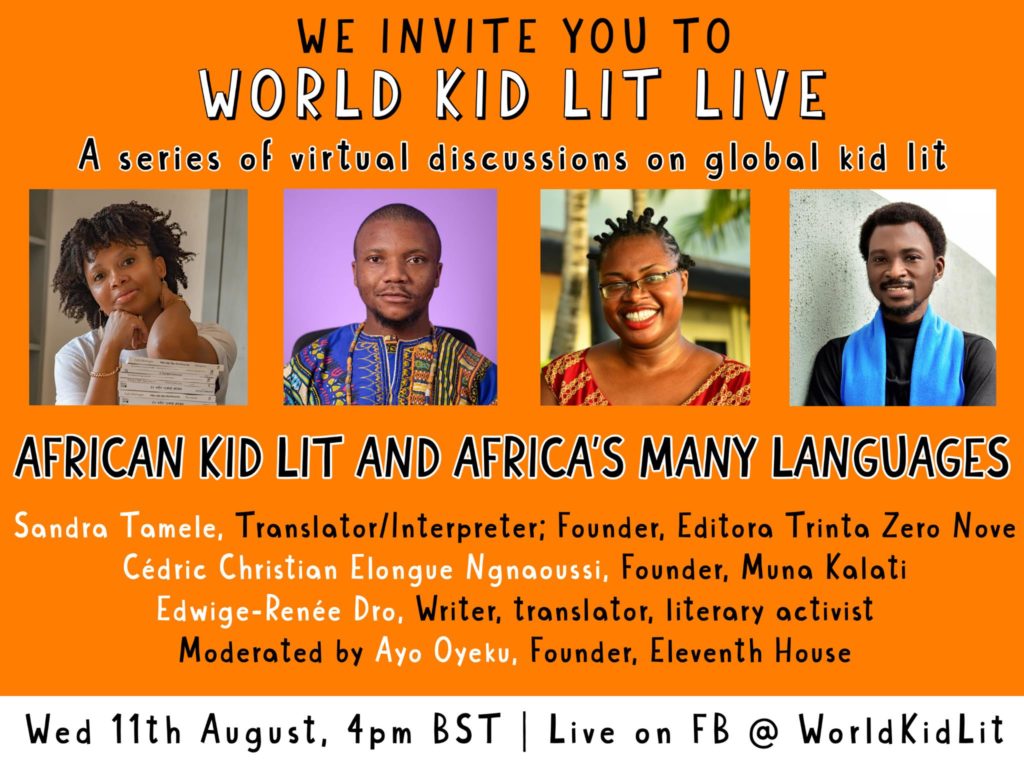
1 Comment
Pingback: 5 Strategies that African Publishers can use to promote African Languages more effectively - Kabod Group